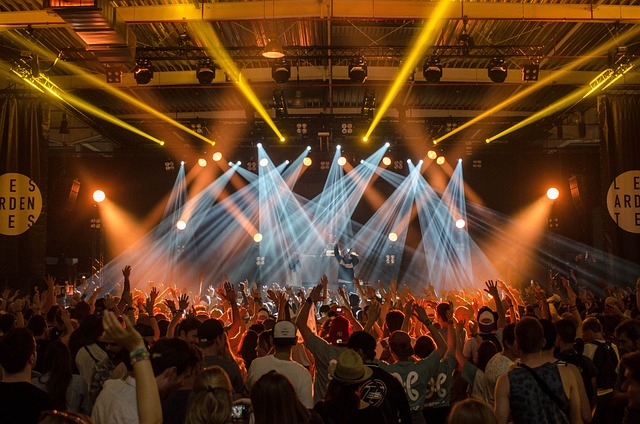Successful event planning for local businesses starts with understanding community needs and demographics. Engaging residents, business owners, and leaders identifies culturally relevant events that foster unity. Utilizing surveys, focus groups, and social media insights ensures diverse interests are catered to, while clear goals and target demographics guide venue selection, marketing, and overall strategy. This approach maximizes engagement, converts attendees into loyal customers, and strengthens business-community bonds, leaving a lasting positive mark on the community.
“Unleash the power of community engagement! This comprehensive guide, tailored for local businesses, demystifies event planning, making it a breeze. Discover the secrets to organizing meaningful gatherings that resonate with your audience. From unearthing community needs and crafting well-defined goals to leveraging technology and building partnerships, we navigate you through every step.
Learn how efficient strategies, including online registration and targeted promotion, ensure success. Master the art of logistics, volunteer management, and feedback collection for events that leave a lasting impact. Elevate your local business’s presence with our Event Planning for Local Businesses checklist.”
- Understanding Your Community's Needs
- – Identifying the purpose and goals of community events
- – Researching local demographics and interests
Understanding Your Community's Needs

Understanding your community’s needs is a crucial step in successful event planning for local businesses. By engaging with residents, business owners, and community leaders, organizers can identify key events that resonate with the local population. This may include cultural celebrations, educational workshops, or community clean-up drives that foster a sense of belonging and unity.
Event planners should consider factors like demographic changes, seasonal trends, and economic conditions to tailor activities that cater to diverse interests. Regular surveys, focus groups, and social media engagement can provide valuable insights into what the community desires and how best to organize events that leave a lasting positive impact.
– Identifying the purpose and goals of community events

Community events are a powerful tool for local businesses to connect with their target audience and foster a sense of belonging. Before diving into event planning, it’s crucial to define the purpose and goals. This could range from promoting a specific product or service, building brand awareness, engaging with potential customers, or showcasing community spirit. For instance, a local bakery might organize a baking competition to attract families and increase foot traffic, while a tech startup could host a workshop to educate residents on digital marketing trends, thereby positioning itself as an industry expert.
Identifying clear objectives ensures that every aspect of event planning—from venue selection to marketing strategies—is aligned with the desired outcome. Event planners for local businesses should consider their target demographic, choosing activities and themes that resonate with them. This strategic approach maximizes engagement, converts interested attendees into loyal customers, and strengthens the bond between the business and its community.
– Researching local demographics and interests

When planning community events, understanding your local demographics and interests is a cornerstone strategy for success. By delving into the unique characteristics of your area—be it cultural diversity, age groups, or shared hobbies—you can tailor events that resonate with attendees. For instance, if your research uncovers a thriving arts scene, consider hosting a local art exhibition or music festival. This approach not only attracts but also engages the community by capitalizing on their existing passions.
Event planning software and market analysis tools can facilitate this process for local businesses. These resources allow you to gather insights into community preferences, track event trends, and identify gaps in current offerings. Armed with these data points, businesses can collaborate effectively with local artists, vendors, and organizations to create memorable events that foster a sense of belonging and strengthen the community fabric, ultimately contributing to thriving local economies.
Community events have the power to bring people together, foster connections, and enhance the overall well-being of a neighborhood. By understanding your community’s unique needs and preferences through demographic research and goal-oriented planning, local businesses can easily organize memorable gatherings that cater to diverse interests. Event planning is not just about setting up tables and chairs; it’s about creating meaningful experiences that leave a lasting impact, ultimately strengthening the social fabric of our communities.
